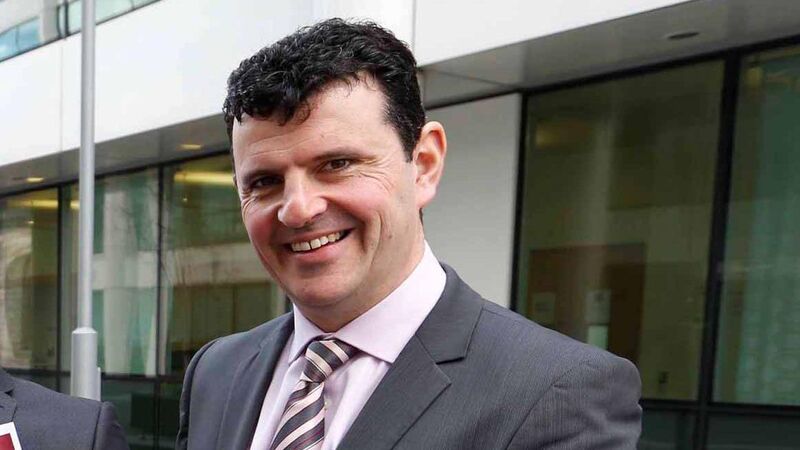ESRI: Any review of PUP payments 'best left until the autumn'

Kieran McQuinn, research professor at ERSI. File Picture
Any Government review of the pandemic unemployment payments (PUP) and the wage-subsidy scheme would best be left to end of September at which time the economy will hopefully be fully open, the research professor at the Economic and Social Research Institute has said.
Professor Kieran McQuinn told the Irish Examiner that with the restrictions only starting to be lifted this week that an end-summer review of the PUP and the Employment Wage Subsidy Scheme would allow Government ministers time to assess new levels of support that will then likely be required for small firms.











